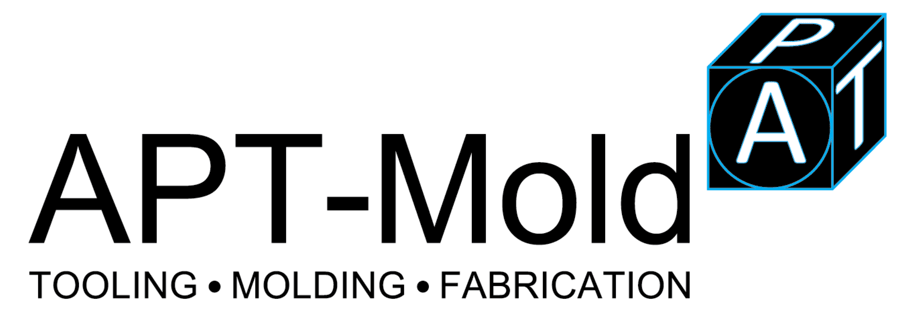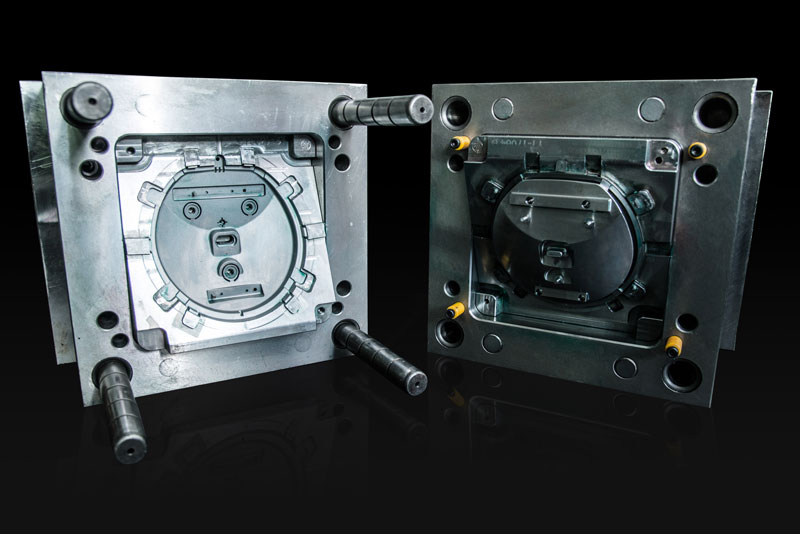Rapid tooling is part of the crucial technological transformation that is happening today. By combining rapid prototyping and conventional tooling practices to form a part of a mold quickly is what rapid tooling does. It produces the parts or the mold by using CAD data at a reduced cost and in less time as compared to the traditional method. It functions as a conduit for producing injection- molded parts.
Rapid Tooling and CNC
Rapid tooling uses CNC machining in its process. This is means that the manufacturing processes engage the utilization of computers to manipulate machine implements. This implement includes the grinder, routers, lathes, and mills.
Importance of Rapid Tooling in Small Production
Producing a prototype is expensive for companies, and this is only viable for a high volume of production. However, if the volume required is low, rapid tooling is the answer. Through rapid tooling, we can produce tooling faster and in a more cost-effective means.
This is good news for small productions. There is continuously a requirement for intermediate tooling to manufacture a small number of archetypes and test product during production. Using rapid tooling, designers can identify the design flaw and make the proper improvements before mass production. It is also useful when there are marketing samples required. Rapid tooling can deliver these products faster, and at lower cost, hence, it is very important in the production process.
Advantages of Rapid Tooling
The manufacturing industry is raving about the benefits of rapid tooling. It is a staple in the research and development cycle, as prototypes are needed to evaluate the design and review them for improvements. They can also simulate the product before making a decision for high volume production.
Rapid tooling also helps bring the product to the market even before production tooling is completed or when the volume is small for production tooling.
Another advantage is getting the prototype done in less time at a lower cost. This is good news for companies since it is cost effective. For a small business with a variety of products in small quantities, rapid tooling is a way to go because it can facilitate the production of many products in an array of materials.
In medical applications, rapid tooling can provide customization for scanning and be digitizing the item for a patient who needs them. Gone is the hassle of trial and error dimensions. By putting the measurements through a CAD program, they can produce a customized mold. Example of this application is for dental procedures. Now oral solutions can be fabricated out of silicon with the use of digital scans that correctly take the dimensions of the dental impressions. This procedure replaced the use of wax impression to create a mold.
Rapid tooling is also gaining momentum in the creation of molds for commercial purposes. This is because the time lag is short. They can also customize the mold to the exact specs at a cheaper cost and can quickly manufacture the products in small quantities.
Rapid tooling has many benefits that companies can take advantage of especially in small production. It is cost effective and can deliver products in a small timetable.

